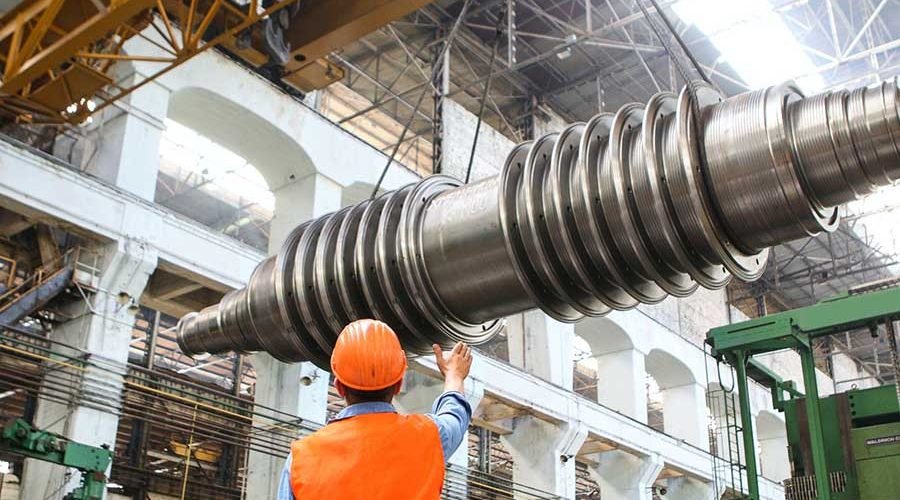Technological progress has long driven the pace of production and is helping us move toward Industry 4.0. Today, systems like Simatic are involved in manufacturing and are key components of the hubs of advanced machinery that are churning out goods far more efficiently than was possible in the past. Many emerging tools and technologies have the potential to revolutionize the manufacturing industry.
Advanced technologies like artificial intelligence (AI) and predictive analytics are already helping manufacturers create high-quality products more effectively. While advances will surely bring new business to forward-thinking companies, new manufacturing technologies also bring challenges. These advancements are expected to play a significant role in the future of manufacturing.
Table of Contents
Artificial Intelligence
AI has nearly unlimited potential when it comes to manufacturing processes. Artificial intelligence contributes to the industry’s productivity by helping in maintenance planning and improving failure prediction. It allows manufacturers to fine-tune performance through machine learning, which doesn’t require specifically coded instructions. Common uses of AI in manufacturing include detecting defective products, optimizing plant efficiency, and assisting in materials science breakthroughs.
Automation and Robotics
One of the backbones of industrial production is automation technology. Some manufacturing companies have experimented with “lights-out manufacturing.” In this setup, robots operate without regular human intervention or on-site presence.
While most factories don’t have the ability to become fully autonomous just yet, robotics can allow companies to produce more efficiently and employ smaller teams with more specialized skills. Companies like Simatic specialize in automating production plants through advanced controllers.
3D Printing Technology
As 3D printers become more advanced and less expensive, the prototyping process could become more efficient. It even allows the designers to interact with the printer by designing and printing directly and simultaneously.
In addition to being used in prototyping, 3D printing technology will also find use in producing highly customized products, as they allow manufacturers to execute slightly different designs with minimal input.
Internet of Things
When associated with new technologies, the Internet also plays a leading role in advancements in the manufacturing sector. The industrial IoT, a variant of the IoT, involves real-time data collection to monitor machines.
In this regard, some control processes equipped with Artificial Intelligence take care of maintenance needs, quality assessment of the pieces in production, reporting any faults, responsiveness, and strategic decision-making.
Future Challenges of Manufacturing Technology
The greatest challenge of the company’s digital evolution towards Industry 4.0 is the notion of numerical continuity. It’s about leveraging real-time product data throughout the product life cycle. It is a need that presupposes the protection of the value chain.
It starts from design to maintenance by the customer controlling the growing data flows regardless of the complexity of the product. It requires useful information to make effective and relevant decisions at the right time based on accurate metrics.
Conclusion
Automation technologies, such as Simatic, are changing the way how manufacturing industries operate. These technologies are already reshaping every stage of production cycles, from resource extraction to recycling waste goods.





